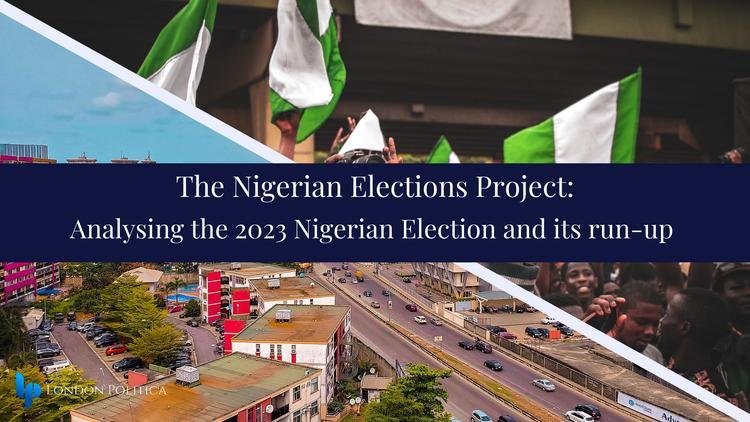

Nigerian Gubernatorial Elections: Process, Results and Reaction
Despite civil unrest and lack of faith in the electoral system, polls opened on the morning of March 18th in 28 of the 36 Nigerian states. International and domestic observers were hoping for a smoother election process which could renew faith in Nigerian democracy.

A recap of the election
As predicted by most regional experts, the winner of the presidential election is the incumbent All Progressives' Congress (APC) party candidate Bola Tinubu. Despite losing in the capital state of Abuja and his home state of Lagos, the former governor of Lagos had a consistent showing in all thirty-six Nigerian states, earning him the executive seat of Africa’s largest democracy. The final results show Tinubu winning 36.61% of the overall vote, roughly 8.8 million votes.



The role of foreign actors in the Nigerian elections
The phenomenon of aspiring Nigerian presidential candidates travelling to the UK’s Chatham House and justifying why they should lead Nigeria can also be viewed through a neocolonistic lens where aspirants of a former colony are attempting to “legitimize” themselves to the UK.

The importance of campaign funding in the Nigerian elections
"Elections are expensive, and one of the most common methods to undermine them is through financial corruption. In Nigeria, winning the presidential election might cost as much as $2 billion."













